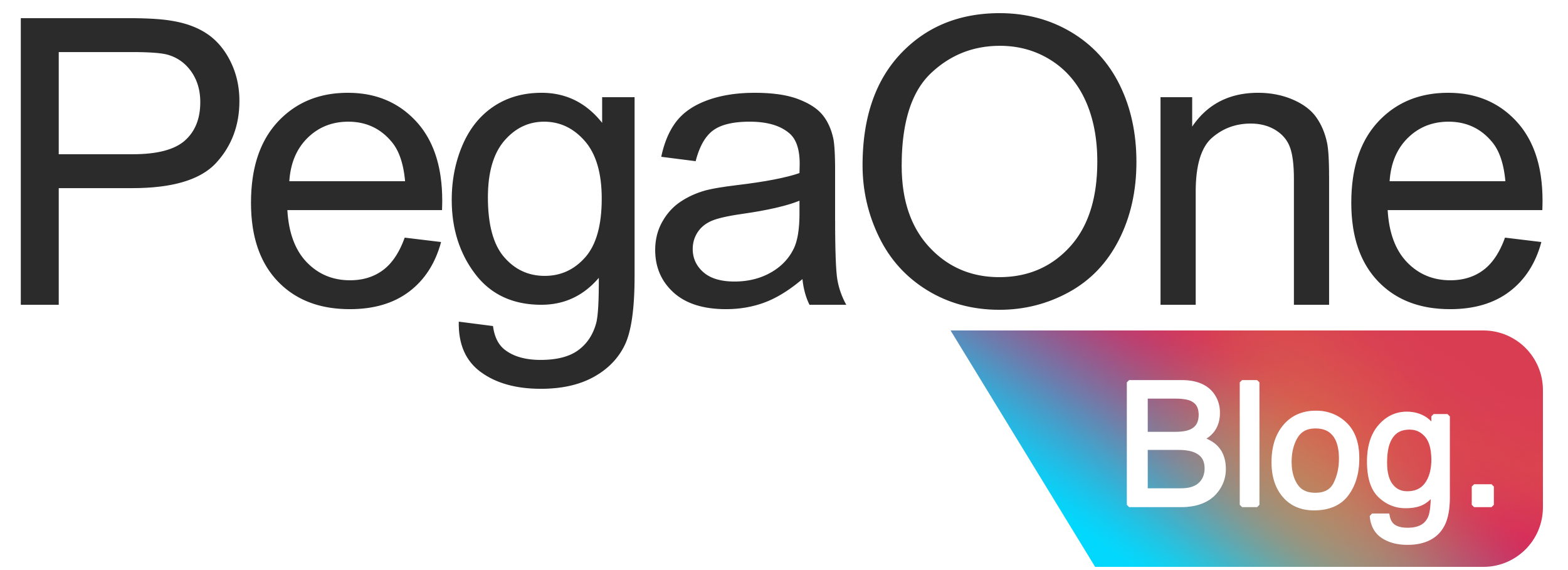Sustainable development being the buzzword of the 21st century, international organizations and conventions are striving towards keeping their member nations under strict norms. Especially to keep the emission restrictions under control, they shifted their attention towards greener renewable sources of energy which created a large space for the research and development in this field. While the world is still struggling to meet the requirements of renewable engineers, a career in renewable engineering is an opportunity less explored.
Germany has been one of the pioneers of renewable energy utilization in the whole world. Their strong alliance to sustainability standards and their capacity to amass huge public funds for their renewable engineering goals bring in opportunities for public and private sector engineering researchers. There is no wonder why job aspirants are looking towards Germany as their safe haven in renewable engineering. The numbers were booming even in the period of global economic tensions due to the pandemic.
Germany’s ‘Energiewende’
German transition program Germany’s Energiewende, in their energy utilization came with a goal of being the world leader in renewable engineering and profitable exporting of renewable energy goods and technology. The government set up norms and terms so that their citizens won‘t find it difficult to install solar power at their homes. Such subsidized rates for purchases and feed in tariff models brought almost half of the RE sector in the hands of the public.
This program set ambitious targets for 2030, to bring two-thirds of the whole energy sector under renewable sources in which more than half of them will be from solar and wind energy installations. While the whole world is shifting its effort to double its stake in the renewable energy sector in the next 15 years, Germany is set to be the leading example for the countries which are struggling to find a sustainable solution for their energy needs.
Conventional energy jobs are at the decline and the nation is looking to the global employer market to recruit the candidates of the right profile. Roughly over a million jobs are estimated to be in the market as the part of this program which is getting roots into the german economy.
Employment opportunities
Over 300 thousand people are employed in this sector altogether including the wind energy farms, solar energy units, biomass and biogas establishments. Wind energy is the leading market in these, as more than one third of the total energy sector jobs are employed in it. Moreover, 8300 positions are vacant in the research and in the public administration field as well.
The job opportunities are booming in all the renewable energy sectors as the exports of the energy tends to be increasing as well. As per the government data, exports are to play a key role in the developmental plans of the country in the coming decades. The renewable energy agency (AEE) reports describe that exports account for 44% jobs in the renewable facility. The wind and photovoltaic sector is selling 81% and 67% of its manufacture to the global allies.
Degree ambitions
In order to fit into the demands from the renewable energy job markets, German universities are providing state of the art university programs for aspirants all across the globe. Seeing the more green jobs coming, custom made degree courses are designed to meet sector specific demands.
Some of the sectors which are high in demand are;
1. Engineering
Apart from all classical trades of engineering, structural engineers and construction project managers are in high demand in Germany. In order to meet the renewable energy sector demands, programs are amended to meet the requirements. There are multiple courses available both in English and German.
2. Chemistry
A bachelor in Chemistry has opportunities to complete a post-graduation in biotechnology, biochemistry, chemical engineering and more. While a bachelor degree takes 4 years to complete a master’s will be completed in two.
3. Biology
Biochemistry being the door of opening to the renewable sector, most of the degree holders in biology are keen to study the same. There are more opportunities for the scholars to identify life at the molecular level and use them for industrial research and energy production.
4. Sustainability
Masters in sustainability management is a popular course in Germany, which helps to meet the norms and regulations of the government and private entities. It focuses on the business involved in the field with an environmental friendly perspective besides helping you work in the renewable energy environment.
Overall, Germany is the largest producer and user of renewable energy sources, thanks to massive public and private funding. Moreover, the exports of these energy sources are booming as well which offers a paradise for renewable engineers and related job seekers. Germany, the world’s leading education provider, has universities and associated programs that cater this demand for highly qualified professionals.


Recent Comments